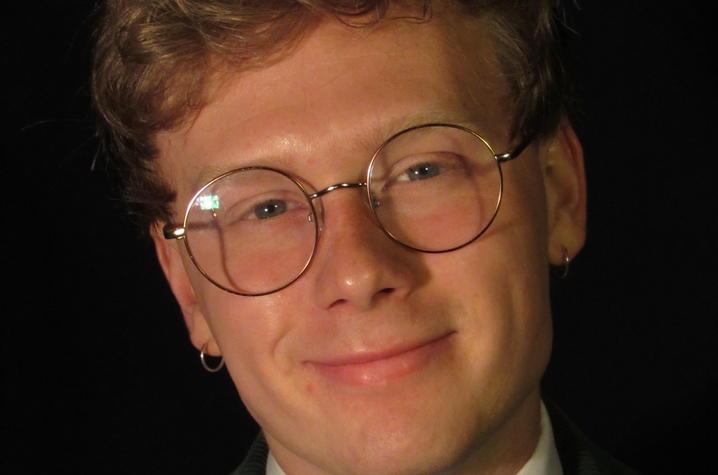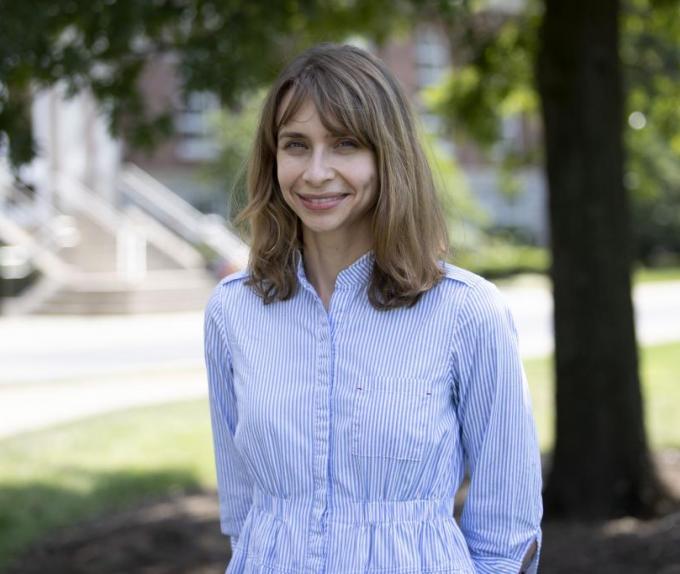Remembering Susan Odom: A Brief, Brilliant Life
By Interim Dean Christian Brady
A Brief, Brilliant Life
Susan Anne Odom, PhD
November 16, 1980 - April 18, 2021

By Interim Dean Christian Brady

By Whitney Hale
 LEXINGTON, Ky. (April 22, 2021) — Two University of Kentucky students, Jacob Concolino and Benjamin Cortas, have been selected to receive Research Internships in Science and Engineering (RISE) from the German Academic Exchange Service (Deutscher Akademischer Austauschdienst – DAAD).
LEXINGTON, Ky. (April 22, 2021) — Two University of Kentucky students, Jacob Concolino and Benjamin Cortas, have been selected to receive Research Internships in Science and Engineering (RISE) from the German Academic Exchange Service (Deutscher Akademischer Austauschdienst – DAAD).
By Richard LeComte
 LEXINGTON, Ky. – Laws originally designed to protect family farm owners from frivolous lawsuits have, in some states, grown in scope to protect the practices of industrial agriculture – a phenomenon that’s drawn the interest of UK researcher Loka Ashwood.
LEXINGTON, Ky. – Laws originally designed to protect family farm owners from frivolous lawsuits have, in some states, grown in scope to protect the practices of industrial agriculture – a phenomenon that’s drawn the interest of UK researcher Loka Ashwood.
By Richard LeComte
 Shui-yin Sharon Yam, associate professor of Writing, Rhetoric, and Digital Studies and Gender and Women's Studies in the College of Arts & Sciences, has received the Outstanding Book Award from the Conference on College Composition and Communication.
Shui-yin Sharon Yam, associate professor of Writing, Rhetoric, and Digital Studies and Gender and Women's Studies in the College of Arts & Sciences, has received the Outstanding Book Award from the Conference on College Composition and Communication.
By Julie Wrinn
Graduate students in political science are well aware of the importance of fieldwork for their dissertation research, but for Helen Kras (Ph.D. 2021, M.A. 2020), fieldwork also became a deciding factor in her academic job search.
“Every university I had interviews with asked about fieldwork and stated they would be interested in having me teach about fieldwork in methods classes,” she said.
A survey of horticulture as a profession; to inform students of opportunities and to develop an appreciation of horticultural science as it relates to the human environment. Offered on a pass/fail basis only.
Discussion of the protection, pruning, repair, and culture of plant material in landscape plantings as well as the diagnosis of plant-related problems and the management principles of landscape maintenance. Lecture, two hours; laboratory, three hours per week.